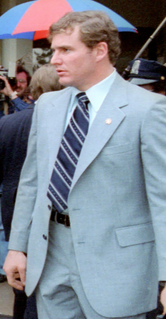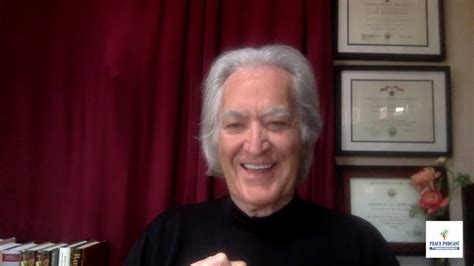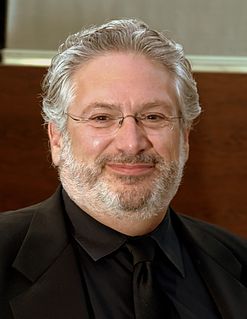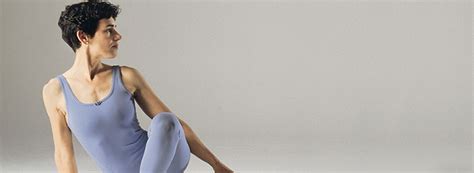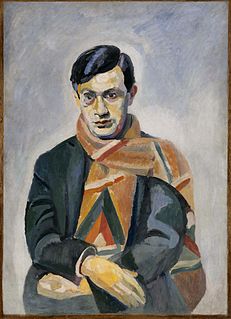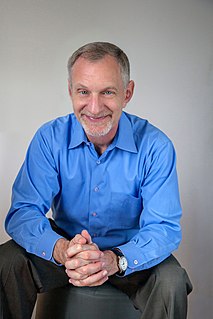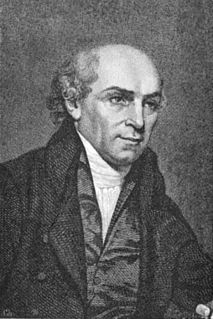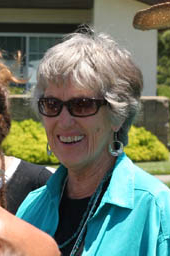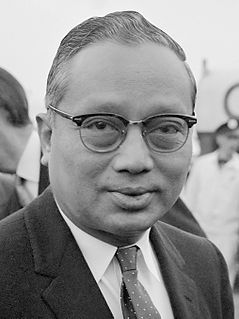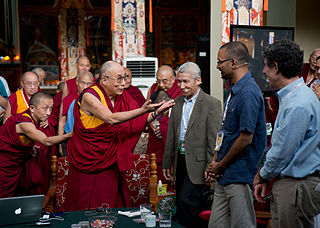Top 523 Buddhist Quotes & Sayings - Page 6
Explore popular Buddhist quotes.
Last updated on November 16, 2024.
What yoga philosophy and all the great Buddhist teachings tells us is that solidity is a creation of the ordinary mind and that there never was anything permanent to begin with that we could hold on to. Life would be much easier and substantially less painful if we lived with the knowledge of impermanence as the only constant.
Our kids are not Jewish, and they're not Catholic. They're not Episcopalian. They're not Buddhist. They're not anything. We do all the holidays to keep the traditions and the culture going, but I truly don't have a great feeling about any particular organized religion, and I don't think it's right to impose one on my kids.
Those who would be employed in propagating the Gospel should be familiar with the doctrines he is to combat and the doctrines he is to teach, and acquire a complete knowledge both of the Sacred Scriptures and of these philosophical and mythological dogmas which form the souls of the Buddhist and Hindu Systems.
As a Buddhist, I was trained to be tolerant of everything except intolerance. I was brought up not only to develop the spirit of tolerance but also to cherish moral and spiritual qualities such as modesty, humility, compassion, and, most important, to attain a certain degree of emotional equilibrium.
My experience with forgiveness is that it sort of comes spontaneously at a certain point and to try to force it it's not really forgiveness. It's Buddhist philosophy or something spiritual jargon that you're trying to live up to but you're just using it against yourself as a reason why you're not okay.
The one philosophy or religion I find I am most close to is the Buddhist one. I think it is the one that respects others and the one that doesn't say that this is the only way. I think happiness is the moment when - if you've forgotten those little things - they suddenly come back into focus for you.
I'm in awe of the universe, but I don't necessarily believe there's an intelligence or agent behind it. I do have a passion for the visual in religious rituals, though, even though they may be completely empty and bereft of substance. The incense is powerful and provocative, whether Buddhist or Catholic.
